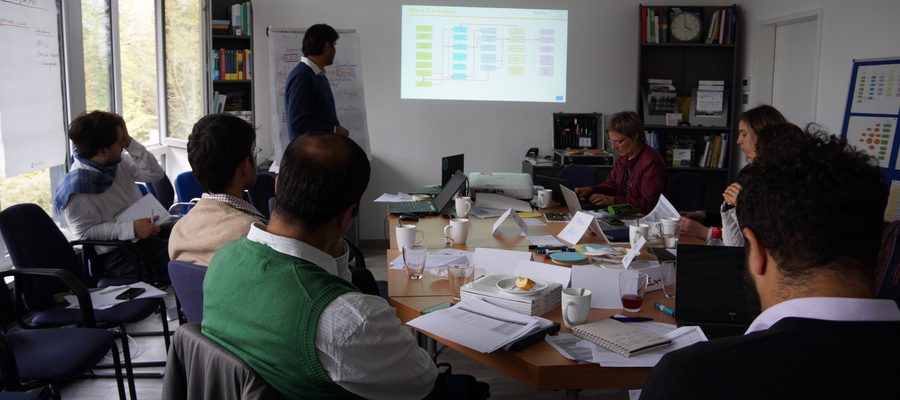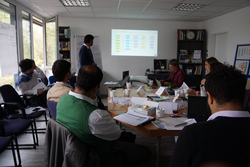EcoLogistics project begins in three Indian cities to streamline urban freight movement

With the aim to streamline urban freight movement and to reduce emission from urban freight sector, ICLEI South Asia is starting the EcoLogistics project in three Indian Cities. The potential Indian cities for the project are – Kochi in Kerala, Panaji in Goa and Shimla in Himachal Pradesh. The project will focus on enhancing capacities, strategies and policies to promote low carbon urban freight through local action and national support.
Supported by the German Federal Ministry for the Environment, Nature Conservation, Building and Nuclear Safety (BMU) through its International Climate Initiative (IKI) program, the project is being implemented in nine cities across India, Columbia and Argentina.
The project will promote low carbon urban freight policies and practices, by highlighting EcoLogistics as a priority area for local and national governments. The project is expected to develop an urban freight emission assessment tool, support implement demonstration projects in cities, and suggest national policy recommendations for urban freight sector.

A project partner’s kick-off meeting was held at ICLEI World Secretariat, Bonn during 10th to 12th of April, 2018 to start the project activities. The meeting was attended by project partners – ICLEI South Asia secretariat, ICLEI South America Secretariat, Smart Freight Centre and Zaragoza Logistics Center, Despacio. During the three-day meeting, project team discussed work plan to initiate the project activities and arrived at the common point for implementation of project.
The meeting between project partners provided insight on the local contexts of each of the project country which was useful to develop draft country-specific approaches. Project team also discussed methodology to develop an urban freight emissions assessment tool.

As a next step, ICLEI South Asia team will visit project cities – Kochi, Panaji and Shimla. After the visit, the team will work closely with the city administration and stakeholders such as transport department, industry and business groups to assess the current situation. The team will also develop a deeper understanding of issues, barriers and opportunities related to urban freight sector.




